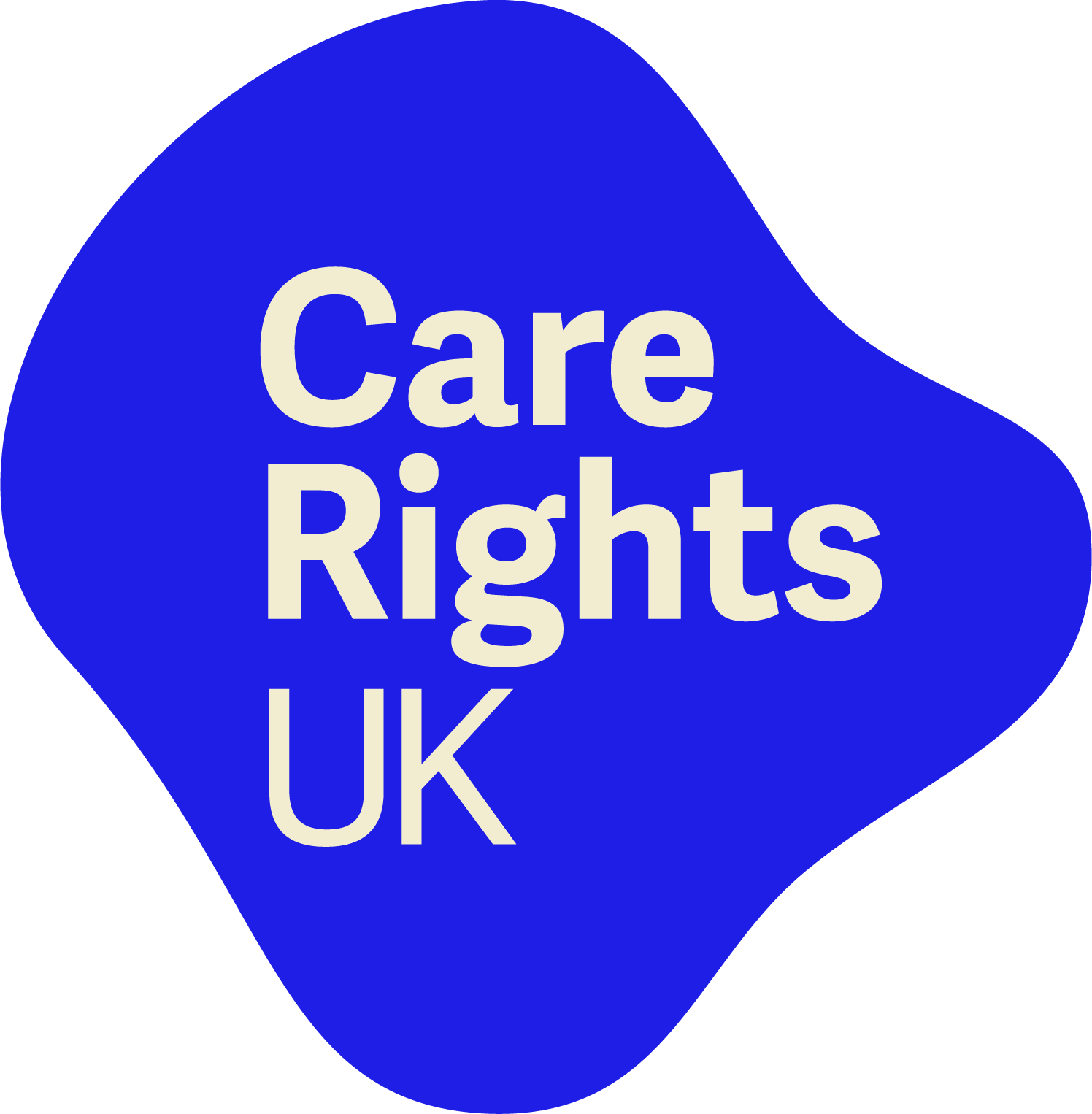Challenges in care
R&RA’s chair, Judy Downey, spoke at our AGM about the challenges confronting the charity
Despite all the publicity surrounding care and care homes throughout the pandemic, the realities of care for older people remain largely invisible to the general public. This is reflected in the ill-informed and ill-advised decisions by government agencies made at the outset. Unfortunately, these have continued to hinder and beleaguer effective policy and humane policy development.
The continuing and destructive impact of years of austerity, added to the fear and panic induced by Covid 19, had already resulted in a policy and expertise vacuum at the top of government. These budgetary decisions resulted in social services being denuded of resources and staff and in a poor position to deal with the formidable challenges of Covid.
The total lack of a workforce strategy, combined with the high turnover of managers and workers in the sector, has meant that many people dependent on continuity of care and stable relationships have borne the brunt of these failures. Compared with the NHS, the workforce suffers from low esteem and negligible investment. The fact that only 50% of staff can be described as having ‘no relevant qualifications’ tells its own story.
Most people assume that they won’t need care or that the NHS will provide if they need care or support. They are shocked at the lack of clear information about their rights and entitlements. The variations within and between local authorities compound the difficulties families when confronted with a crisis of care or deteriorating capacity. The role of the local authority in commissioning care is rarely understood. Means tests and poor information about services face families when they are least able to cope.
The R&RA helpline is dominated by concerns about standards of care. Those who raise concerns are rarely aware of the existence or the role of the regulator, the Care Quality Commission. When relatives and friends wish to ask questions or complain about the way their parents, partners or spouses are being treated, the lack of clear complaints procedures make everything the opposite of consumer friendly. The lack of equity in the relationship is difficult and demoralising. The inspectorate is felt to be inaccessible and inadequate. Often people feel bereft of positive solutions. This state of affairs reveals even more gaps in care when people in or needing care have no family or friends to help or speak up for them.
There is much to give our new and existing trustees good reason for joining us to help raise the voices of those who cannot speak for themselves and of those who support them.
